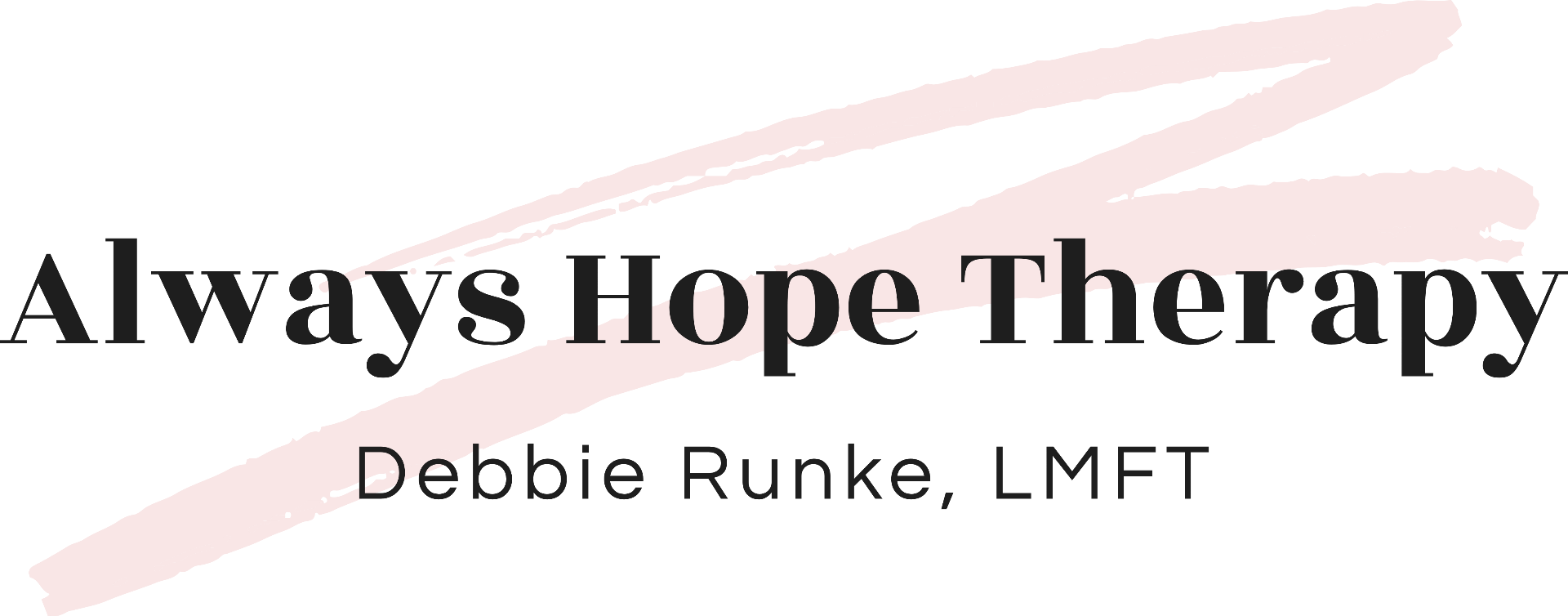What is Disenfranchised Grief?

Sometimes we tell ourselves – or others tell us by their words or behavior – that we do not have a “right to grieve.” So instead, we suffer in silence.
We call this suffering “disenfranchised grief,” a term introduced to us by Kenneth A. Doka, Ph.D. He identified several ways in which our grief is not acknowledged or validated.
Disenfranchised Relationships
In our society, others quickly recognize and validate grief from the death or loss of close kin. Often, however, the more distant the relationship, the more likely it will be overlooked or invalidated by our social support. As grandparents or grandchildren, in-laws, extended family, or stepfamily members, we may receive less, or even no, social support to acknowledge our loss.
We may be deeply affected by losing someone who is not a family member, such as a close friend, colleague, caregiver, counselor, patient, or even someone known only through an internet connection. Unfortunately, family and friends often ignore these losses altogether. If we mention the loss, we may receive limited support from people who know us well, but we are unlikely to receive broader social support (e.g., bereavement leave from work).
We may be confused by grief following the death of an ex-spouse or former partner, divorced and absent parent, or a biological parent we never knew. Such losses bring an end to any hopes for future reconciliation or involvement. Furthermore, we may fear that expressing our grief may be threatening or upsetting to a current spouse or partner or surviving or adoptive parent.
Finally, sometimes a relationship carries significant negative social consequences, and we do our best to keep it quiet. However, if our spouse, family, friends, or community knew we grieved the loss of an affair or non-traditional partner, we could be severely sanctioned or stigmatized.
Disenfranchised Losses
In our culture, some losses are ignored, while others are considered less significant or relatively minor. Sadly, when others do not acknowledge our loss, we are left to suffer alone with our disenfranchised grief.
Emotional pain can result from a miscarriage, stillbirth, early infant death, placing a child for adoption or foster care, or following a pregnancy termination. Often, such grief is met with silence, invalidating comments (e.g., “you can always have another child”), or judgment.
Many who have lost a companion animal have heard comments such as, “it was only a dog (or cat)” or “it is not like a person died.” The message we heard in those words was that our loss was insignificant and therefore did not “count.”
We may grieve for someone who has not died. This is often the case in living with someone who is seriously ill. We grieve in anticipation of that person’s death, and we may also mourn the losses caused by the debilitating effects of their disease.
We grieve for the person whose very persona is changing. We may acknowledge that the changes are the result of traumatic injury, addiction, mental illness, organic brain changes, or some significant transformation, but we mourn the person that was or could have been.
The pain of infertility is frequently disenfranchised. This loss is not generally the result of a single event, but rather a loss of dreams and a growing awareness that you cannot have your own biological child. It interrupts casual social bonds with others who ask, “Do you have any children?” It often results in shame and in silence.
Even life transitions may be linked to grief. We may mourn the losses that inevitably accompany aging.
Disenfranchised Grievers
We may experience disenfranchised grief if we are excluded from discussions, decisions, or public observance of the loss. This may have happened to us if we were thought to be too young, elderly, or incapable of understanding the loss.
Disenfranchised Deaths
There is often stigma or silence that surrounds deaths resulting from suicide, homicide, violence, drug overdose, or which are perceived because of an individual’s poor decisions. Family members, friends, and sometimes even communities may be ostracized, isolated, judged, or subjected to intrusive or offensive curiosity.
Disenfranchised Expressions of Grief
There is no “right” way to grieve. Instead, the way we express our grief is a function of many factors, including our personality and beliefs. Some of us experience grief as a deep feeling with few observable expressions of sadness. Others of us are much more likely to show many more outward signs of grief. If others, or we, think we are “doing it wrong,” our grief may become disenfranchised.
What to Do: Enfranchising Grief
Disenfranchised grief is grief that has been silenced. It is not recognized. It is not spoken. It is not valued. We have needed, but not received, empathy from ourselves, our family, or our community. It may have triggered an existential or spiritual crisis.
Find someone who can hear your story with compassion and understanding.
